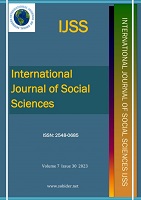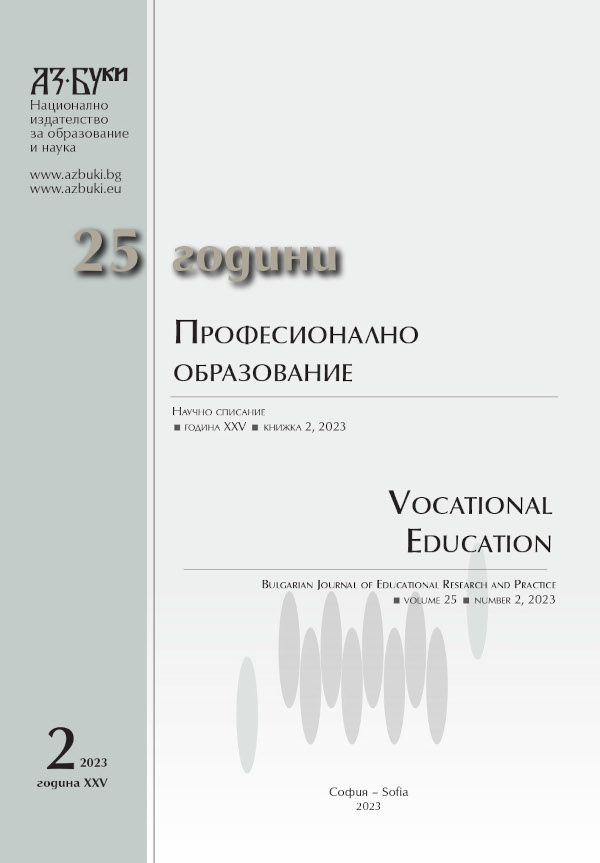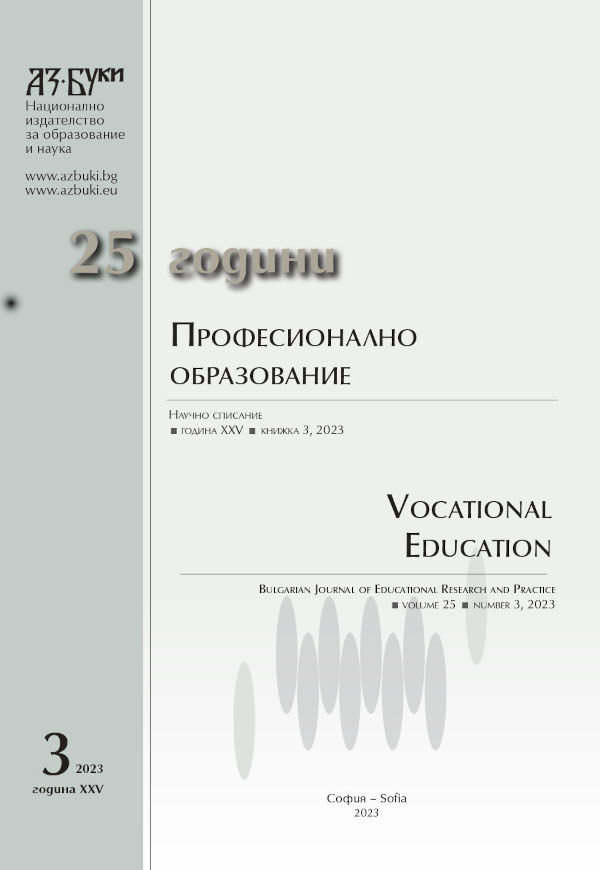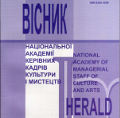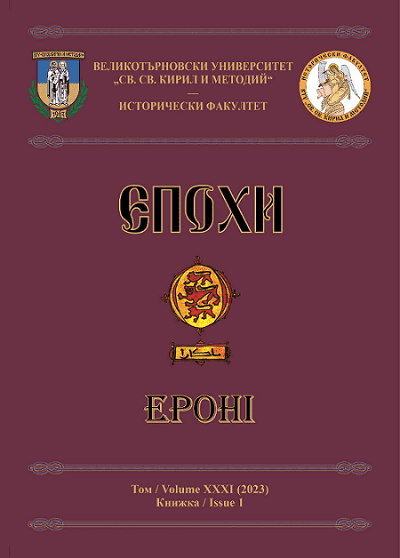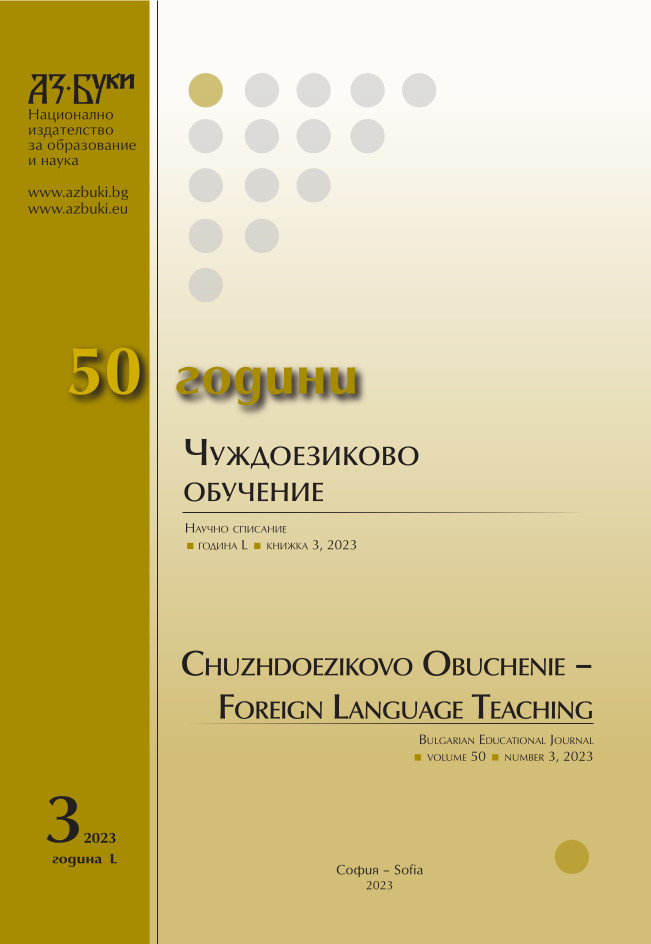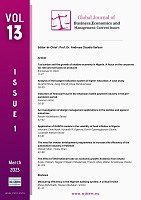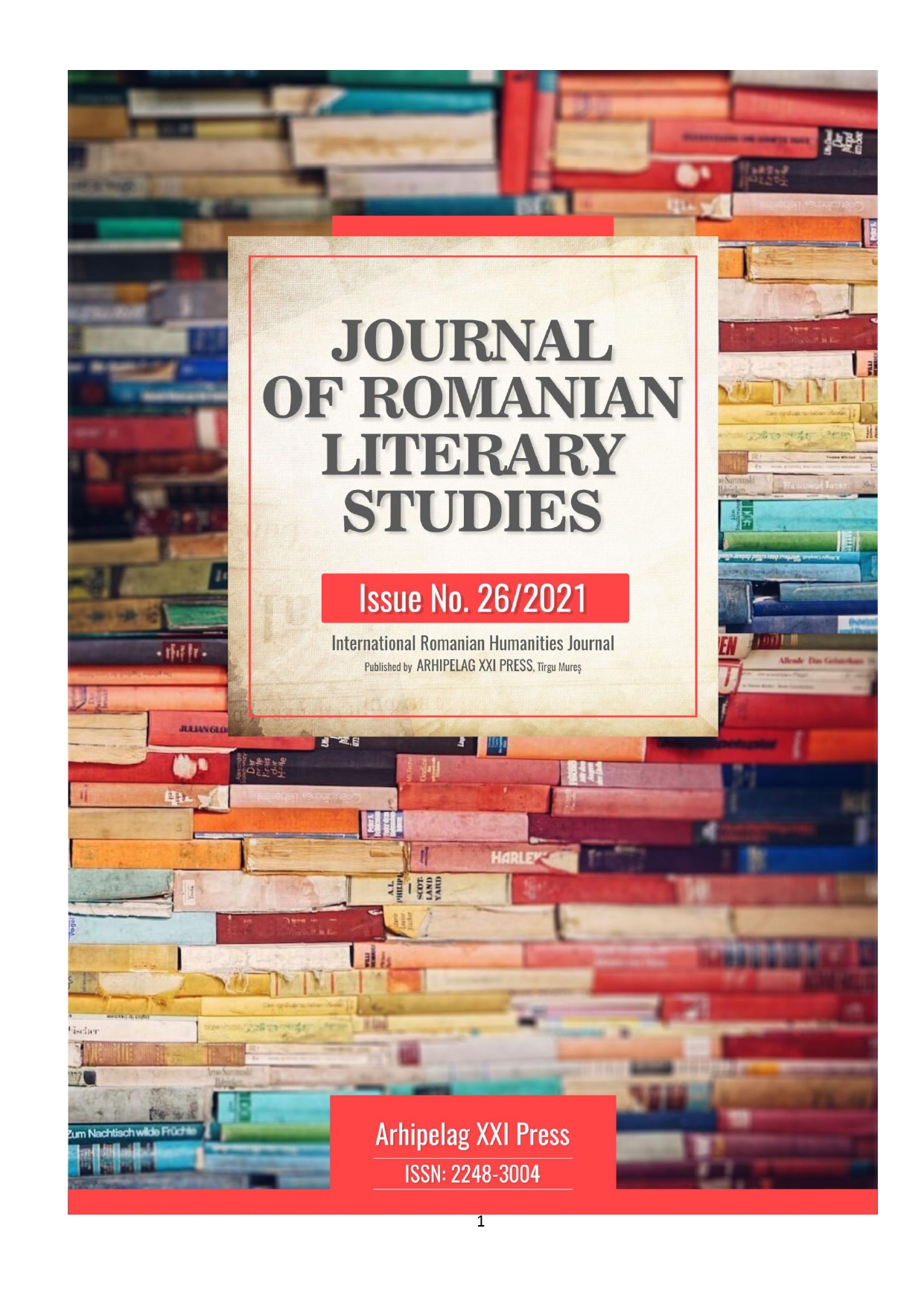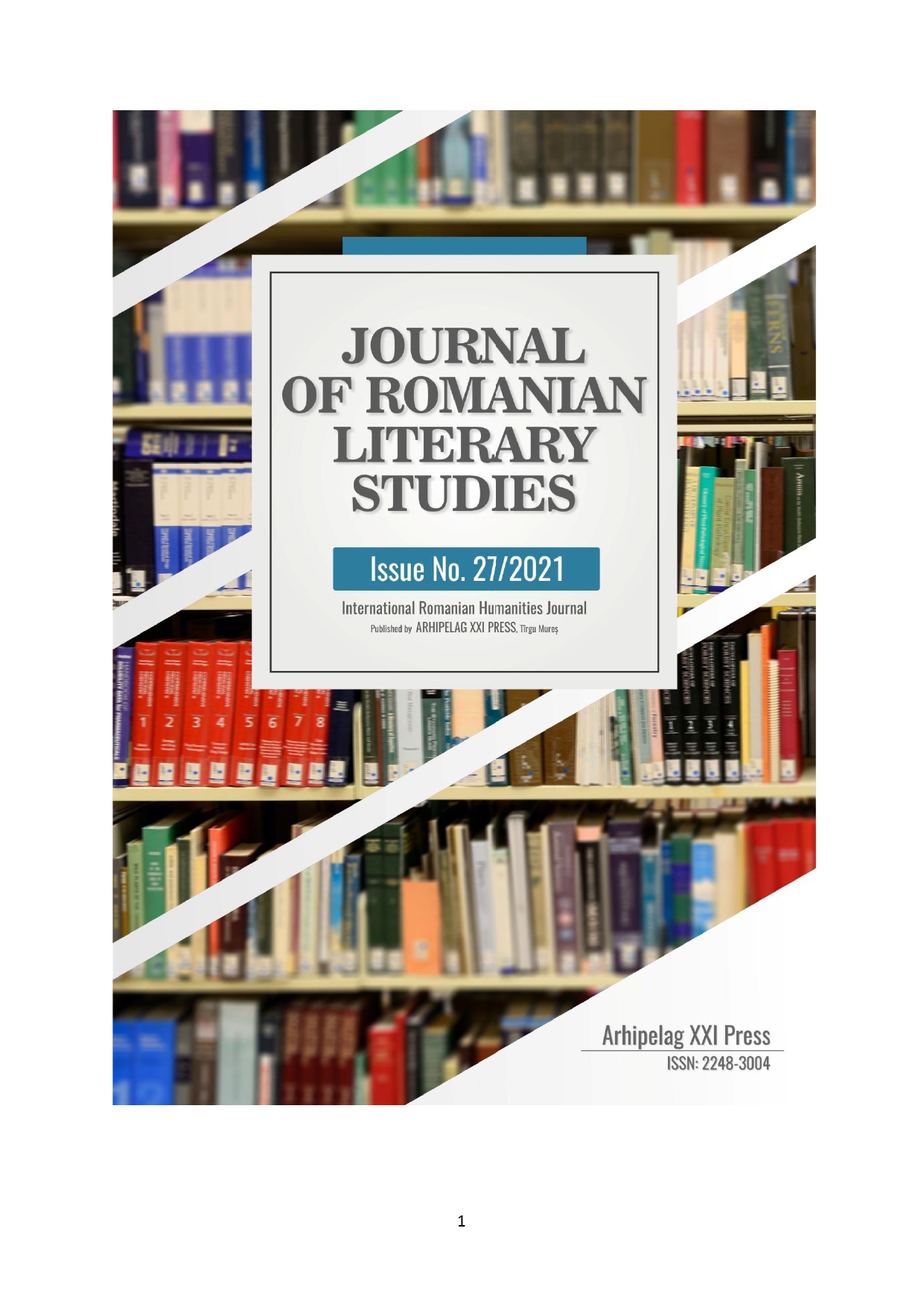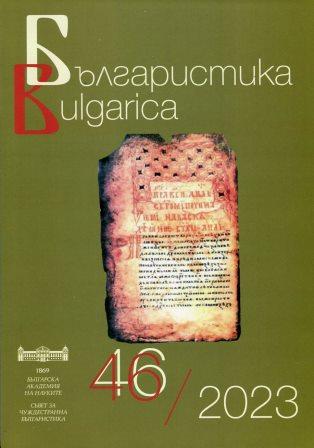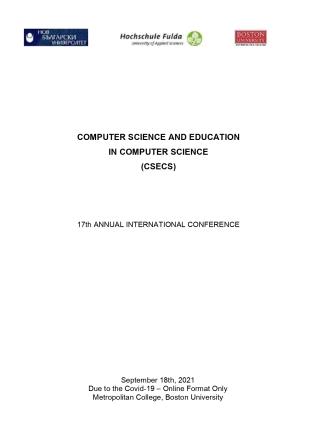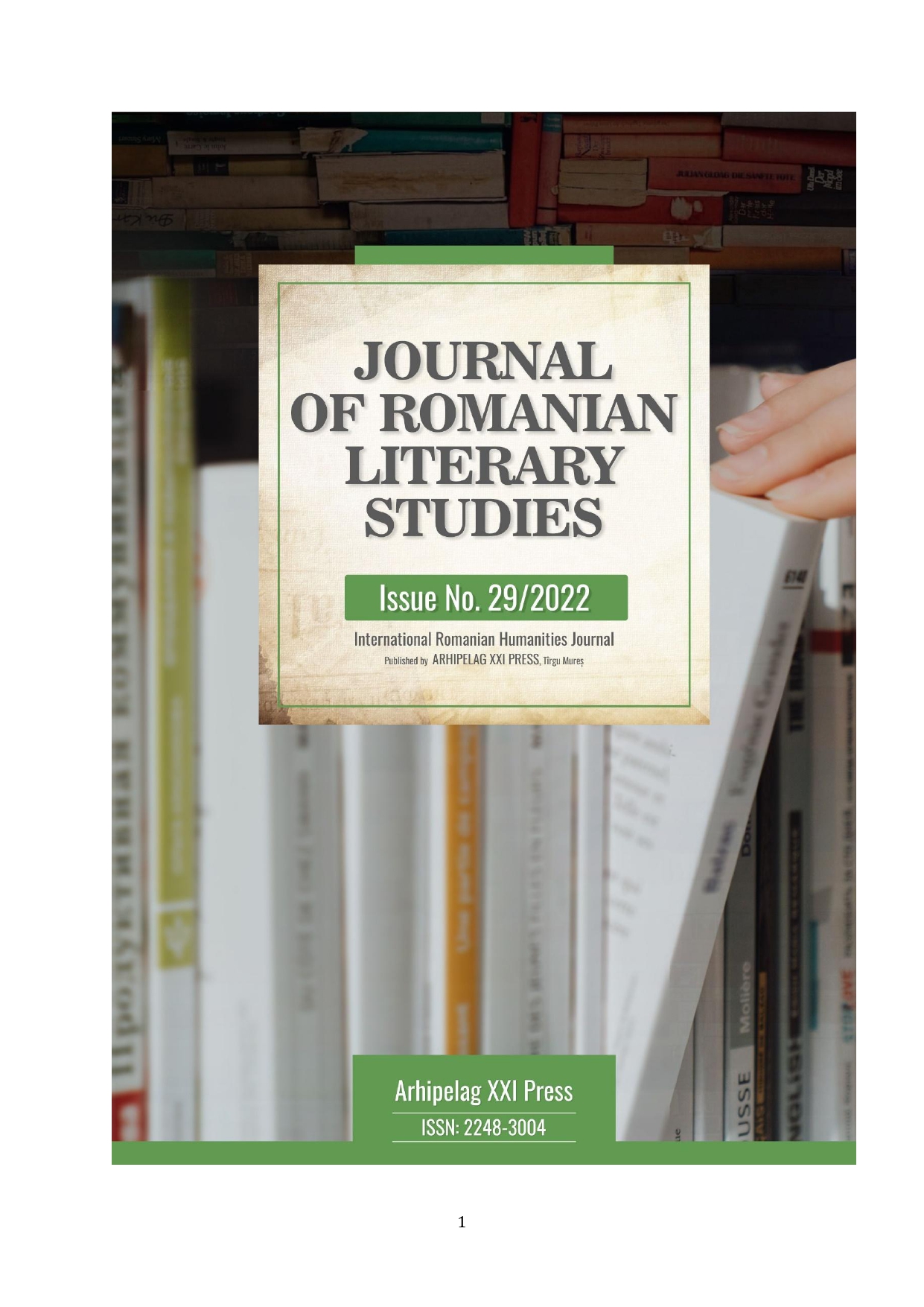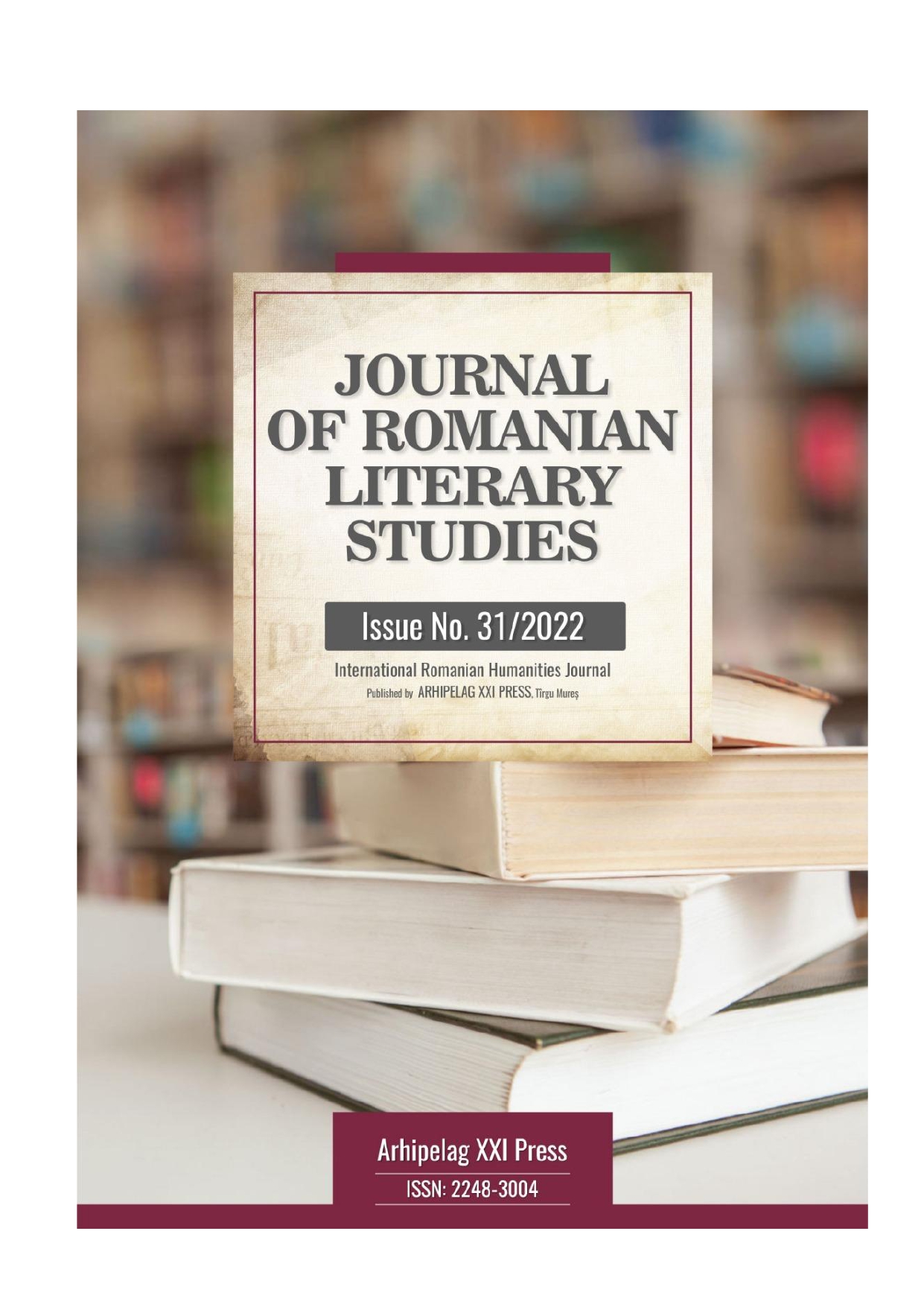Author(s): Olesya Neboga / Language(s): Ukrainian
Issue: 1/2023
The purpose of the article is to trace the main changes in modern scientific research of music education, taking into account its technological and informational diversification. The research methodology involves the complex use of a number of methods and approaches integrated from art history, pedagogy, informatics, and other sciences. General scientific research methods are also used, in particular analysis, synthesis, system, and generalisation. Methods of processing textual information, bibliographic method and content analysis of scientific information resources are significant. The scientific novelty consists in drawing attention to the reorientation of music education research as an important component model of the modern concept of intellectual education in an interdisciplinary direction based on technological developments. Conclusions. Traditional music education is gradually giving way to various new types of learning involving information technologies – digital devices, computer games, virtual reality, various simulations and network learning platforms, artificial intelligence, automatic control systems, and applications. Thus, the latest technologies break the traditional model of music education, contribute to its development and expand human opportunities for acquiring quality knowledge. In addition, the involvement of the latest technologies in the learning process requires changes not only in the content, methods, and process of learning, but also in the very theory of music education. In general, all these processes improve the quality of music education and ensure its sustainable development within the latest progressive concepts. Therefore, it is not surprising that based on the analysis of a number of foreign publications of modern researchers the following conclusion can be drawn: most of the research on music education is aimed to understand how to combine traditional learning with modern technological achievements, in particular, informational ones. This, in particular, refers to the understanding of the need to conceptualise a number of concepts of modern music education along the lines of interdisciplinary research traditions, including those mediated by the significant influence of informational and technical disciplines.
More...
